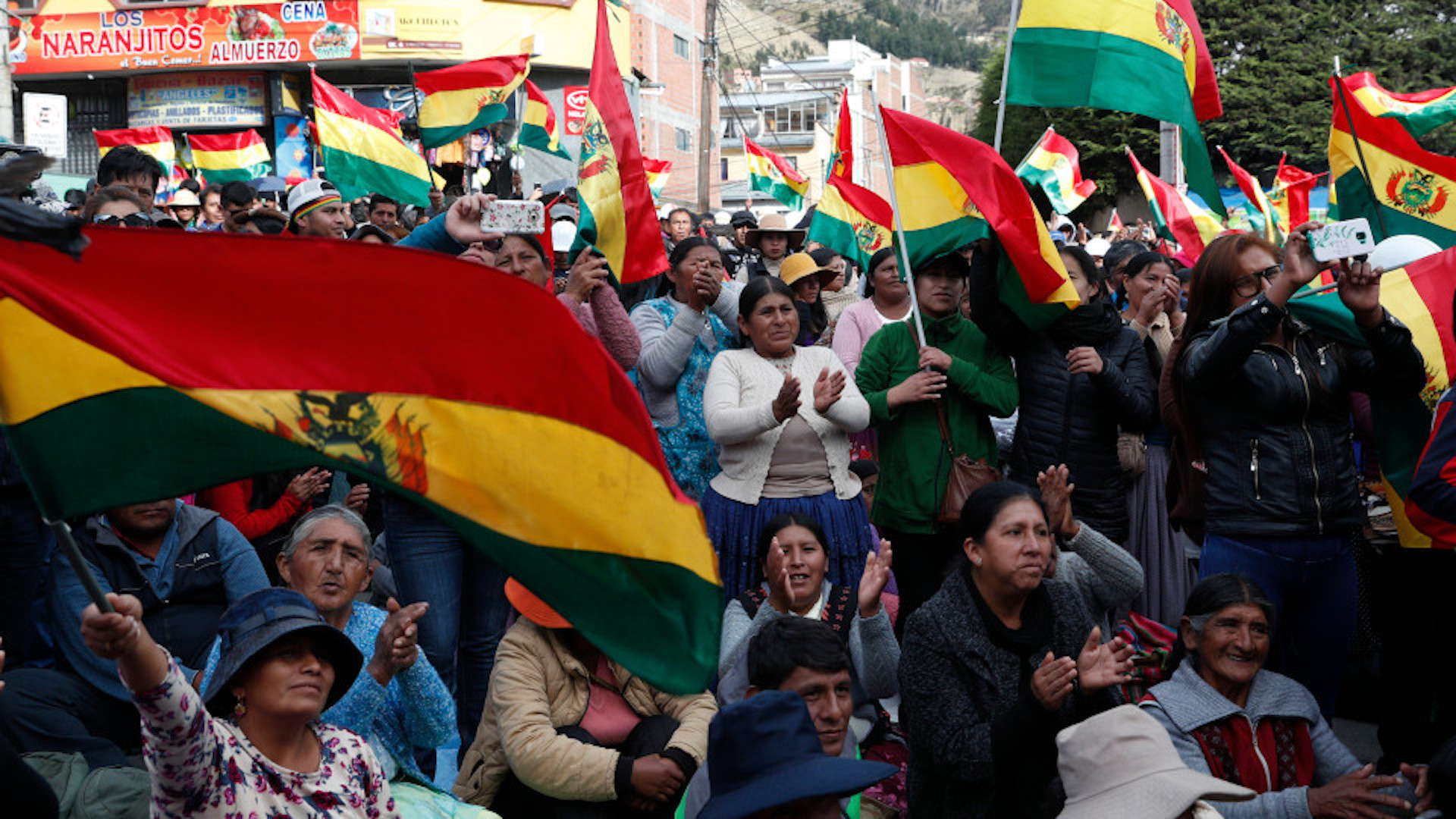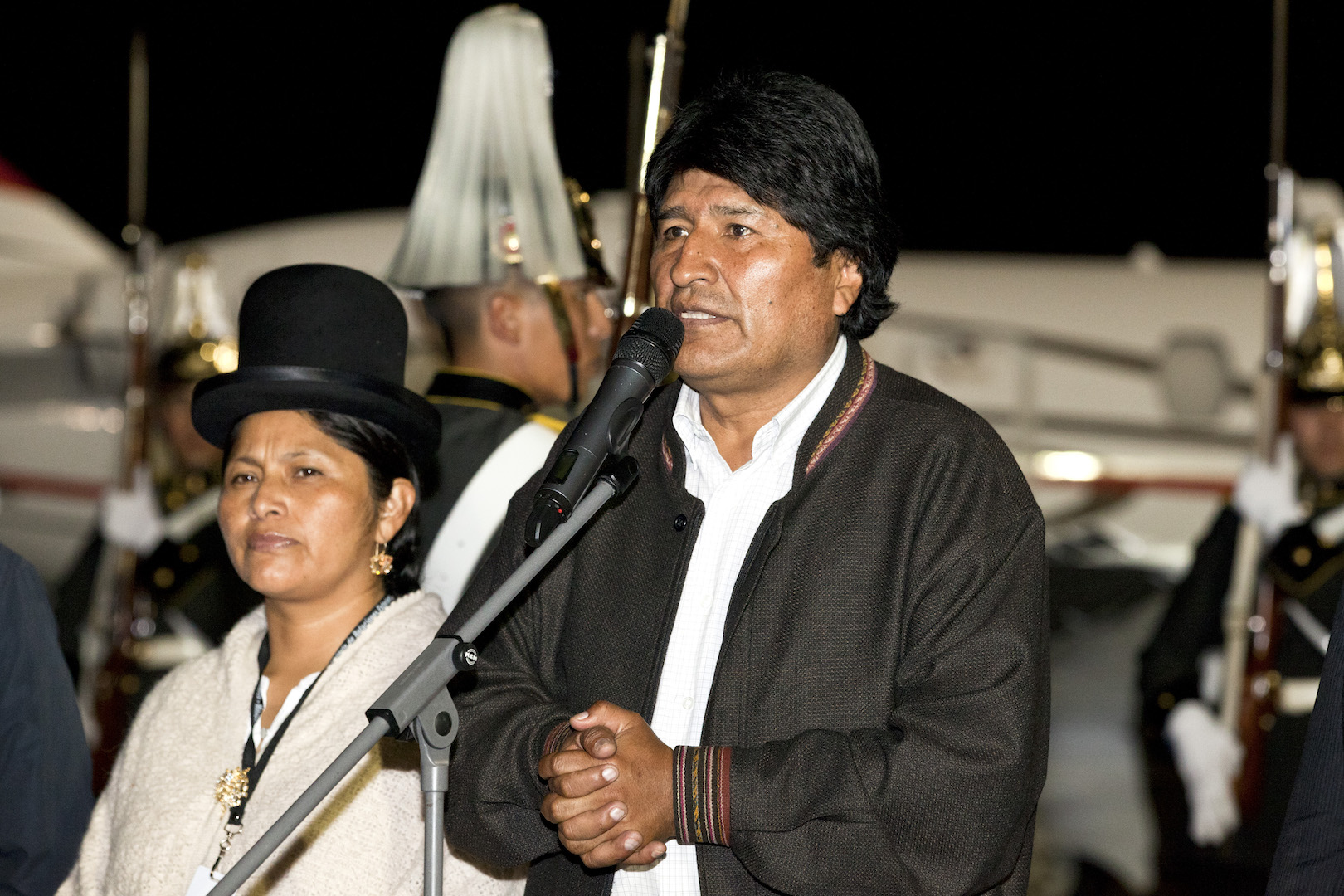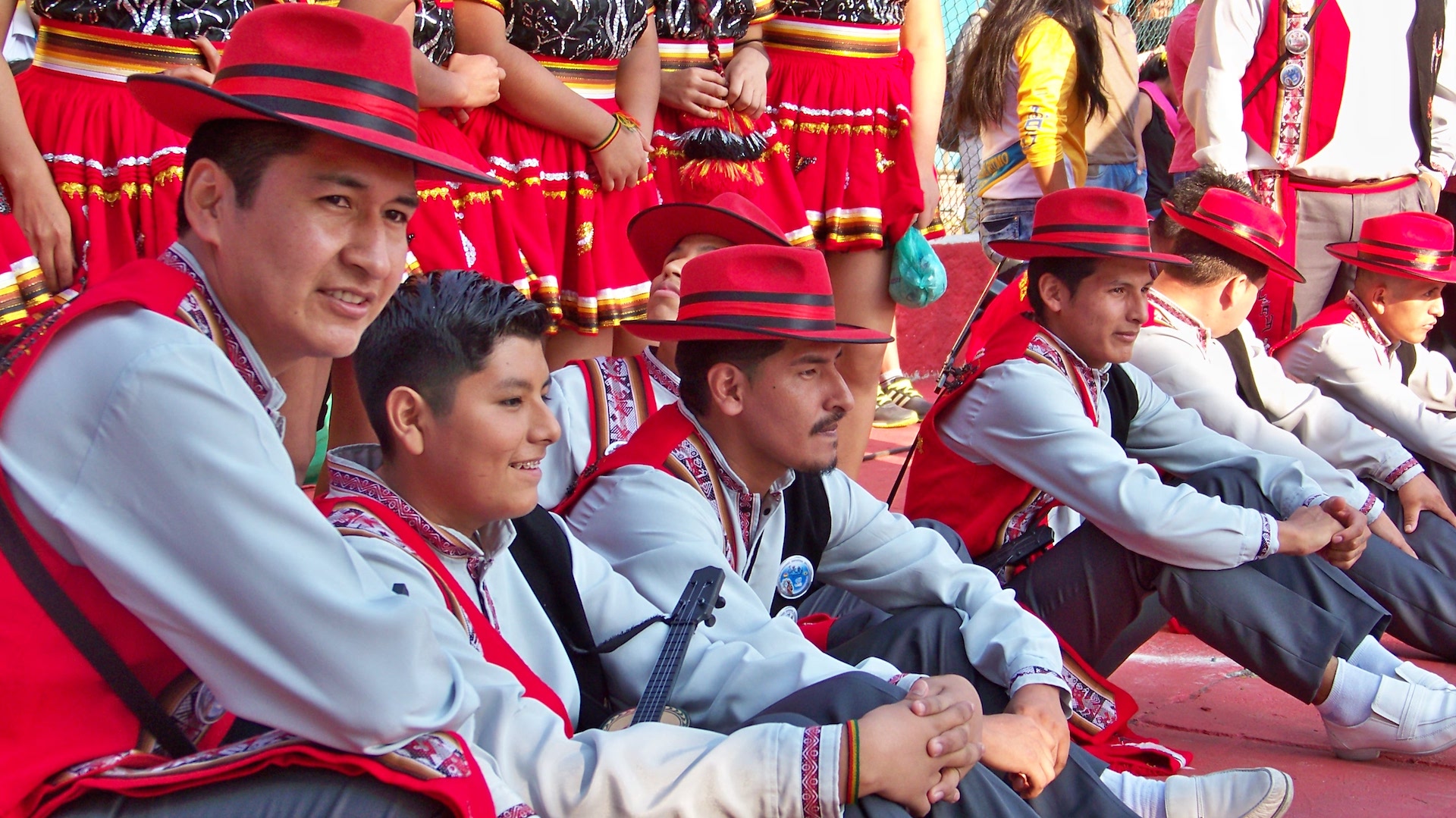SÃO PAULO, BRAZIL – As chaos continues to reign in Bolivia, with reports of looting and violence in many cities throughout the country, those Bolivians who live abroad have faced many hours on the internet trying to find out more about their loved ones back home.

For Antonio Andrade Vargas, living in São Paulo for the past twenty years and founder of the news portal Bolivia Cultural (Cultural Bolivia), the last few days have been tense. On Sunday, November 10th, Vargas received a voice message from his sister, who lives in La Paz, the capital of Bolivia.
“She was crying, afraid that people would break into her home,” he told The Rio Times over the telephone.
According to Vargas, several houses in his sister’s neighborhood had been broken into and burglarized during the night by vandals taking advantage of the lack of electricity in many parts of the capital due to the social unrest.
“I messaged her back and told her to keep her teenage children at home, and after dark remain in the upstairs floors, because the looters only came in and stole from the ground floor of the houses,” he says, admitting that after the telephone call it has been hard to concentrate on work or even sleep.
“It is sad to see your family suffering. No one slept on Sunday night” admits Vargas.
Vargas says the entire Bolivian community in São Paulo is very concerned about what is going on in the small South American country, with many trying to find out the conditions of loved ones through scattered news coming in through social media.
“Reports of university women forced to strip naked and being attacked on the outskirts of La Paz, and of looters breaking into family homes has maintained everyone on edge, especially the women” says the Bolivian producer.

As a communication expert, Vargas says that he has called other journalists in Bolivia to find out what is really going on in his home country.
“They all confirmed what I thought. It (social upheaval) is not about political parties, it is about Evo Morales’ attempt to win another term with a fraudulent election. But what seemed to be peaceful protests have gotten out of hand,” he says.
The fraud in the election, says the Bolivian immigrant, was denounced two days later after the October 20th election, by engineering students at UMSA (University of San Andres) with data they monitored during the elections. “There was no hacking, it (fraud) was all there in plain view,” says Vargas.
He insists that the marches and protests seen in the streets of La Paz and other Bolivian cities were conducted by families, who were outraged by the deception. “We Bolivians are politicized since we are little children; we learn very young to go to the streets and demand our rights; that is what is happening in Bolivia now.”
Vargas rejects the idea of a political coup in Bolivia. “What coup? These are not political party supporters demonstrating for their ‘side’; these are hundreds of families going to the streets calling for clean elections,” he argues.
“We have suffered various coups throughout the years, and believe me this has nothing to do with the military trying to gain power or an opposition political group trying to take over,” he adds.
Vargas admits that he once was a fan of now-deposed Bolivian President, Evo Morales. “I think he was the best President Bolivia ever had,” Vargas tells The Rio Times reporter, quickly adding, “I said WAS…he is no longer. He became inebriated with all the power.”
According to the multimedia producer, his disillusionment began when President Morales, using a judicial loophole, was declared able to get elected for a third time, although Bolivia’s constitution only allows candidates to serve two terms of office as President.
“I thought it was unethical, not illegal, and that it was up to the opposition to denounce and react, and they didn’t,” he says.
His image of the President was shattered, he says, when Morales promoted a referendum asking the Bolivian people if he should run for a fourth time. The response was negative. “He promised he would respect the peoples’ wishes,” he said. “He lied.”
According to Vargas, in the past few years there has been a ‘cultural polarization’ in the country, between whites and indigenous groups, intensified by President Morales, who wanted to remain in power for a fourth term as president.
“His actions were exactly to place whites against indigenous,” he said, noting that since the indigenous in Bolivia make up almost 80 percent of the population, Morales, himself of indigenous descent, would have their support.
In the last few days, however, many Bolivian indigenous leaders have withdrawn their support for Morales.
Unlike the more than 36,000 registered Bolivians who cast a vote in their country’s Presidential elections at the end of October in São Paulo, Vargas did not vote. “I felt it was a sham, I didn’t think the results would be genuine,” he says.
He notes that Morales still has a large following in Bolivia and in cities like São Paulo. “There are some people who still believe in him and the work he does, but I am disappointed with this whole election fraud,” he concludes.
According to data from the Bolivian consulate and NGOs such as Catholic-linked Caritas, the number of Bolivians in the city of São Paulo surpasses 250,000, making them the largest group of immigrants in the city.

“The base of the textile industry in São Paulo is maintained by Bolivians,” says multimedia producer Vargas.
He says that in the 1970s, Bolivians came to Brazil trying to escape the military dictatorship, but in the last 20 years the immigration has been the result of poor economic conditions in Bolivia and students coming for a better education. “People come looking for work, for a better life,” says Vargas.
“I was 24 years old when I came to São Paulo to study, and after getting my degree I stayed in Brazil, like hundreds of other students,” says the now 42-year-old multi-media producer.
And although the majority of Bolivians in São Paulo say they are likely to remain in the Brazilian city for many years to come, these days their eyes and ears are glued to their computers and smartphones, hoping to hear news of their homeland and their loved ones.

